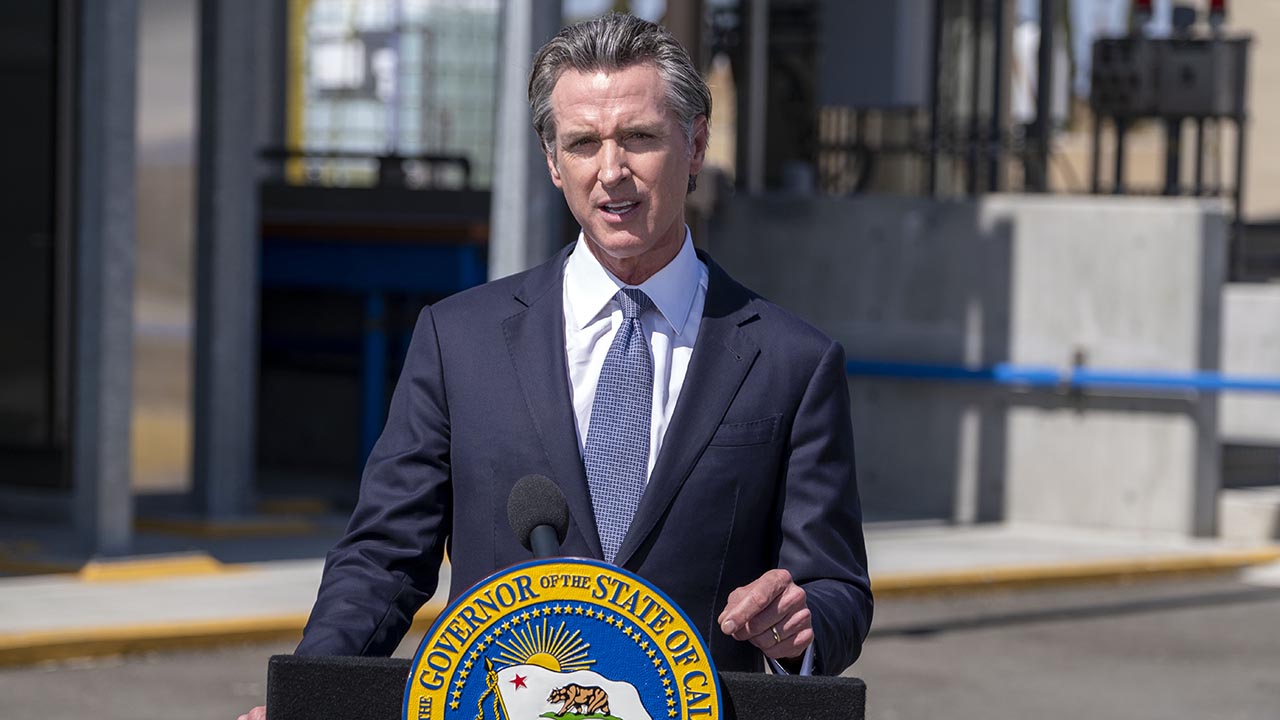Hotair
A blockbuster extension of Heller and McDonald has tossed out state requirements to demonstrate a need to carry a firearm, and on the expected 6-3 split. Justice Clarence Thomas wrote the opinion in New York State Rifle & Pistol Association v Bruen, holding that states demanding a special reason to grant access to the right to bear arms violates both the Second and Fourteenth Amendments.
Get ready for fireworks:
In District of Columbia v. Heller, 554 U. S. 570 (2008), and McDonald v. Chicago, 561 U. S. 742 (2010), we recognized that the Second and Fourteenth Amendments protect the right of an ordinary, law-abiding citizen to possess a handgun in the home for self-defense. In this case, petitioners and respondents agree that ordinary, law-abiding citizens have a similar right to carry handguns publicly for their self-defense. We too agree, and now hold, consistent with Heller and McDonald, that the Second and Fourteenth Amendments protect an individual’s right to carry a handgun for self-defense outside the home.
The parties nevertheless dispute whether New York’s licensing regime respects the constitutional right to carry handguns publicly for self-defense. In 43 States, the government issues licenses to carry based on objective criteria. But in six States, including New York, the government further conditions issuance of a license to carry on a citizen’s showing of some additional special need. Because the State of New York issues public-carry licenses only when an applicant demonstrates a special need for self-defense, we conclude that the State’s licensing regime violates the Constitution.
Needless to say, this will reverberate through those half-dozen states on a legal/policy basis. It will reverberate everywhere else on a political basis. However, as Thomas writes, the plain reading of the Second Amendment shows that American citizens have the right to “bear arms” as well as keep them. If the state can show that certain citizens should have those rights restricted on a rational basis that can withstand strict scrutiny, such as criminal records or mental-illness commitments, those restrictions can stand…



Connect with us on our socials: